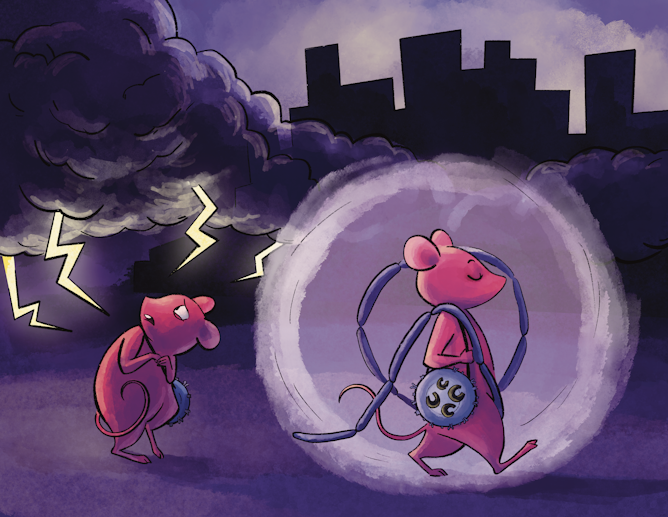|
|
|
|
I vividly remember the night that Russian dissident politician Alexei Navalny boarded a flight in January 2021, returning to Russia to resume his campaign against the regime of Vladimir Putin. He took a selfie with his wife, Yulia, in which the pair looked apprehensive but resolute. He was returning home following a period of recuperation in a German hospital, after being poisoned with Novichok in Russia the previous year.
It was clear at the time his decision was a bold risk and, sure enough, the pair were detained on arrival in Moscow. Navalny ended up in prison. Now, he is dead. The manner of his passing remains unclear and more than a little suspicious. And, as Russia scholar Alexander Titov lays out, with Navalny dies the idea that political change in Russia might be achieved via the ballot box. For more of our extensive coverage, click
here.
Putin, of course, is fully occupied elsewhere. But it’s probably worth mentioning that when he sent his troops into Ukraine two years ago, the Russian president reportedly sent death squads into Kyiv to find and eliminate the Ukrainian president, Volodymyr Zelensky. As we now know, Zelensky has proved a very capable wartime leader. But like all such leaders he has had to be ruthless, and last week he replaced his commander-in-chief, citing the need for fresh thinking on the battlefield. How that turns out could affect the future of the war, and the existence of Ukraine itself.
|

|
Jonathan Este
Senior International Affairs Editor, Cambridge UK
|
|

Died in prison: Russian opposition leader Alexei Navalny.
EPA-EFE/Maxim Shipenkov
Alexander Titov, Queen's University Belfast
The opposition leader was poisoned and sent to a brutal prison camp where he is reported to have died.
|
|
|
-
Regina Smyth, Indiana University
Alexei Navalny, a persistent thorn in the side of Russian President Vladimir Putin, died on Feb. 16, 2024, in prison, authorities said.
-
Robert Horvath, La Trobe University
Like Nelson Mandela, Navalny might have become a redemptive leader, leading his people from war and tyranny to the promised of a freer society.
-
Stefan Wolff, University of Birmingham; Tetyana Malyarenko, National University Odesa Law Academy
As the war against Russia moves towards its third anniversary, Ukrainian president Volodymyr Zelensky is facing a growing list of problems.
-
Paul Lushenko, US Army War College
Drones have dominated images of the war in Ukraine, but an expert on drone warfare casts doubt on many of the grand claims made for the weapons.
-
Spenser A. Warren, University of California, San Diego
Russia isn’t likely to put nuclear missiles in space, but their reported anti-satellite weapon is just as alarming. An expert on nuclear strategy explains.
|
|
|
|

Liam E Semler, University of Sydney
There is nothing to lose and plenty to gain in teaching Swift’s Midnights and Shakespeare’s Sonnets together. There’s no dumbing-down, and no need for reductive assertions about who is “better”.
|

Andrea Merchak, University of Florida
The organisms living in your gut microbiome can influence your mental and physical health. Researchers have developed a way to better test for those biological effects.
|
|
|
-
Kimberly Hillier, University of Windsor
Engaging in purposeful, meaningful and strategic conversations with children can directly support children’s language comprehension, an important component of reading.
-
Aidan McGartland, McGill University
Mahler’s inventive modernism and highly expressive writing communicated emotions shaped by his fascinating late-19th century life.
-
Daren Ray, Brigham Young University
The history of the coastal communities of east Africa shows how ethnic groups and their languages were shaped.
|
|
| |
| |
| |
| |
|
|
|
|
|
|
|